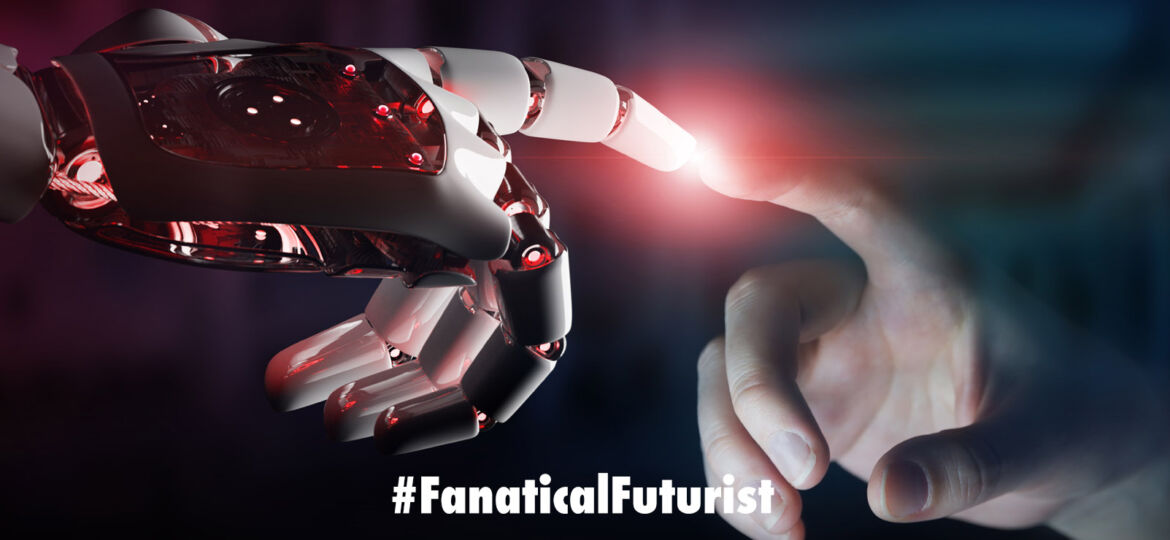
WHY THIS MATTERS IN BRIEF
As AI and Creative Machines become capable of autonomously innovating their own products AI is increasingly becoming both tool and inventor which throws up a whole bundle of legal questions.
 Interested in the Exponential Future? Connect, download a free E-Book, watch a keynote, or browse my blog.
Interested in the Exponential Future? Connect, download a free E-Book, watch a keynote, or browse my blog.
As we continue to see the rise of Creative Machines, that can both design, innovate and produce a wide variety of products by themselves – products including anti-biotics and vaccines, cars, clothing and fashion lines, computer chips, furniture, interplanetary landers, and a ton of synthetic content that includes art work, books, games, images, and even basic movies and video. After years of debate the US Patent and Trademark Office (USPTO) has ruled that Artificial Intelligence (AI) systems cannot be credited as an inventor in a patent. The agency announced their decision earlier this week. The decision came in response to two patents — one for a food container and the other for a flashing light — that were created by an AI system called DABUS which is part of the “Artificial Inventor Project.”
Among the USPTO’s arguments is the fact that US patent law repeatedly refers to inventors using humanlike terms such as “whoever” and pronouns like “himself” and “herself.” The group behind the applications had argued that the law’s references to an inventor as an “individual” could be applied to a machine, but the USPTO said this interpretation was too broad. “Under current law, only natural persons may be named as an inventor in a patent application,” the agency concluded.
The patents were submitted last year by the Artificial Inventor Project. Along with the patents submitted to the USPTO, the team also submitted documents to the UK’s Intellectual Property Office (IPO) and the European Patent Office (EPO). The IPO and EPO have already ruled that DABUS, which was created by AI researcher Stephen Thaler, cannot be listed as an inventor based on similar legal interpretations.
The Artificial Inventor Project is not arguing that an AI should own a patent, just that it should be listed as an inventor, MIT Technology Review notes. It argues that this might be necessary when hundreds or even thousands of employees have contributed code to a system, like IBM’s Watson supercomputer, before the computer itself then goes on to solve a problem. If no human was involved closely enough with an invention to claim credit for it, then the group fears it may be impossible to patent it at all.
The project also argues that allowing AI to be listed as an inventor would incentive innovation since the value these machines are adding would be more clearly recognized.
“If you make a point of recognizing how valuable a machine has been in the creative process, that machine will inevitably become more valuable,” the Artificial Inventor Project’s Ryan Abbott told the Financial Times last year.
Unless the law changes in the future, however, AI is likely to continue to be seen as an inventing tool, rather than an inventor – even though, ironically, increasingly it is becoming both the tool and the creator.
















